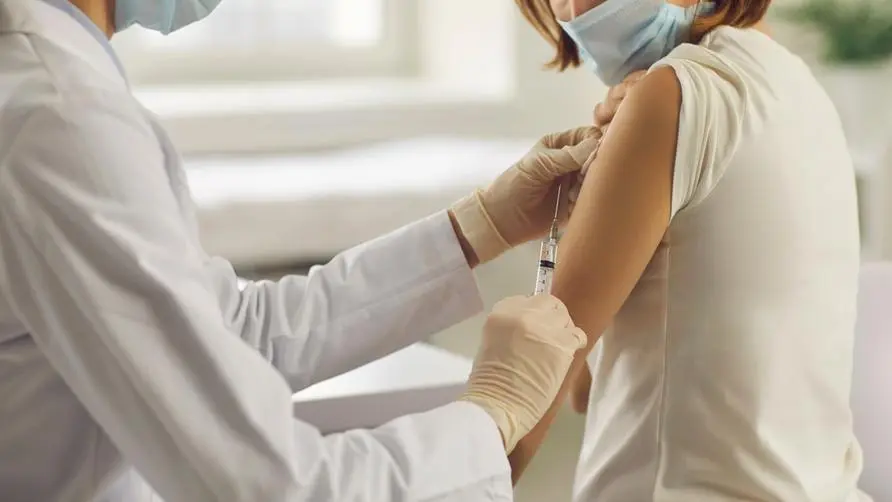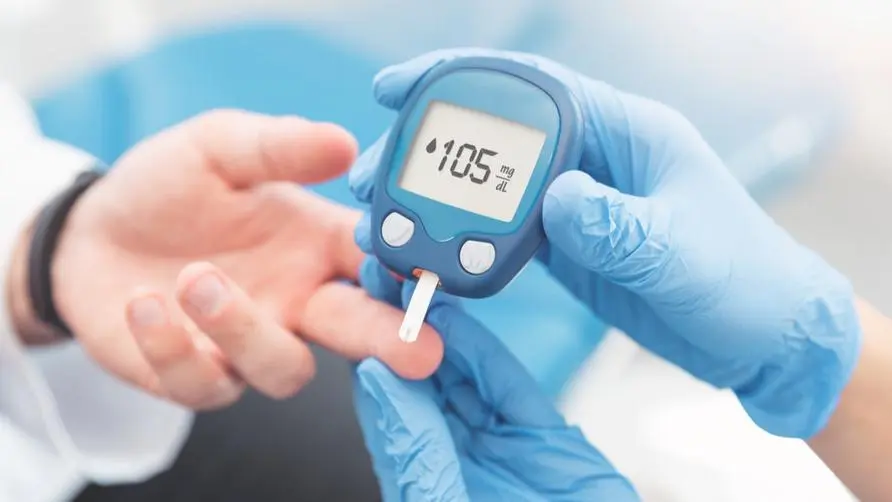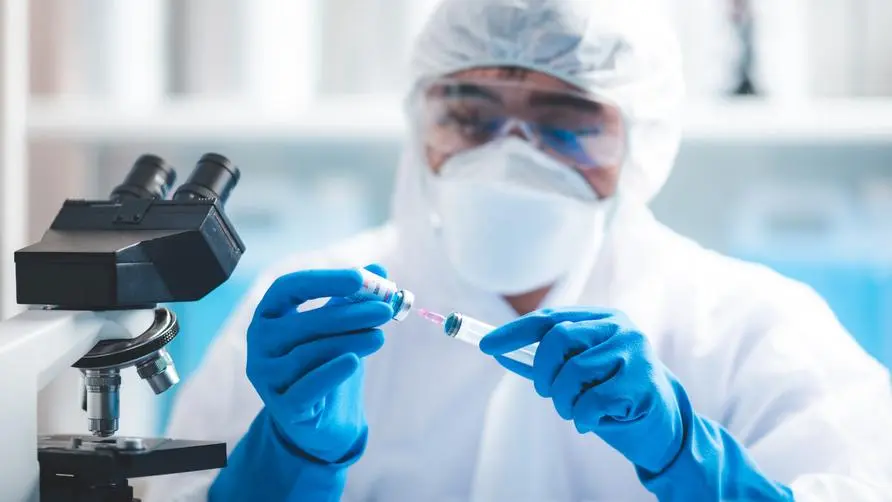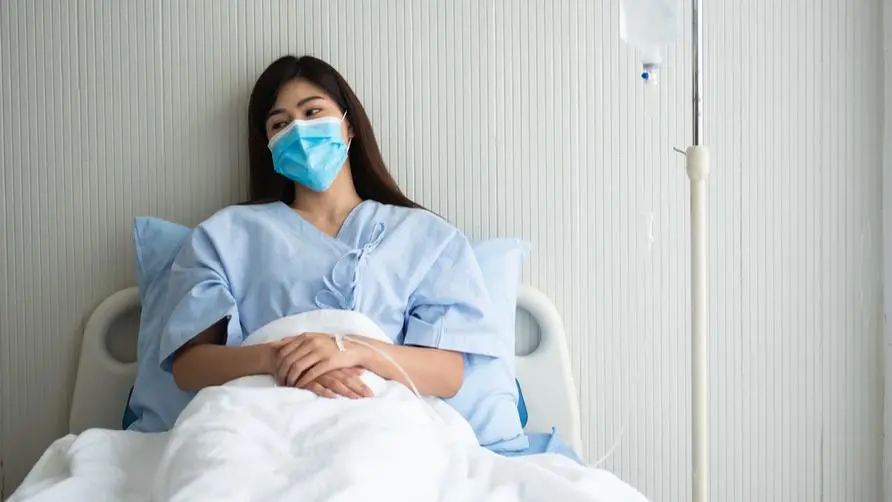Are AIDS patients more likely to develop "breakthrough infections" after vaccination? Research: Related to the lack of "this cell"

For people with low congenital immune function or those with immunodeficiency diseases, if they are infected with COVID-19, they are more likely to suffer serious complications than ordinary people; and even if they are vaccinated, they are still at high risk of infection? Research published in “JAMA Network” shows that compared with people who are not infected with “Human Immunodeficiency Virus” (HIV), AIDS patients have a higher chance of “breakthrough infection”, which may be due to the scarcity of “CD 4” T cells in their bodies related.
“Breakthrough infection” rate among HIV-positive people increased by 28%. Experts: “Fourth dose” should be taken into consideration
Johns Hopkins University in the United States analyzed the medical records of nearly 114,000 subjects. From June to December 2021, all subjects completed vaccination with 2 doses of the mRNA vaccine or 1 dose of the Johnson & Johnson vaccine. The research team matched 33,029 HIV-positive people with 80,965 HIV-negative people in the sample, focusing on the probability of breakthrough infection with COVID-19 in the two groups of people in the first 9 months of vaccination.
The results of the study showed that although the rate of breakthrough infection in the two groups of horses was much lower than the incidence rate in the unvaccinated group (HIV-positive people were 4.4% and HIV-negative people were 3.8%), after adjusting for the differences between the groups, the HIV-positive The overall risk of breakthrough infection among those who tested positive was still 28% higher than those who tested negative.
In addition, the study tested the CD4 T cell concentration in the subjects and found that the lower the concentration, the higher the immunosuppression rate, and the risk of breakthrough infection also increased. Compared with 500 cells/cubic millimeter (mm3) in negative individuals, the immunosuppressive signal in HIV-positive individuals is approximately 200-350 cells/cubic millimeter, which does tend to be significantly reduced.
Study author Sally Coburn said that people infected with HIV or those with congenital immune deficiencies should start to consider whether the fourth dose should be given to specific groups. She believes that the efficacy of the third dose of the vaccine is gradually weakening, so it is necessary to increase the antibody concentration through vaccination and reduce the problem of breakthrough infection in AIDS patients.
Home care cannot be suspended during the epidemic. The US CDC urges AIDS patients to take “4 measures”
According to the above-mentioned research, AIDS patients may face greater threats than ordinary people after being diagnosed. If a person has a history of AIDS or tests positive for HIV, what measures can be taken during the epidemic to get better care? The guidelines issued by the US CDC recommend the following:
Ensure drug supply. Patients should ensure that they have at least a 30-day supply of medications and manage HIV-related medical supplies.
Administer relevant vaccines. In addition to the COVID-19 vaccine, influenza vaccines and bacterial pneumonia vaccines are equally important in preventing other diseases. You can fully communicate with medical practitioners before deciding whether to administer other vaccines.
Communicate with the doctor. Keep in touch with doctors or medical practitioners, and proactively inquire about relevant measures such as video consultation, telemedicine or remote clinical care.
Keep in touch with the outside world. People infected with HIV need the help of relatives, friends and community health workers more than others. If you feel unwell, make sure you can contact your emergency contact person at any time.
In addition, the US CDC also recommends that the general public take “pre-exposure prophylaxis” (PrEP) before engaging in sexual activity to maintain drug concentration in the body and effectively prevent cross-infection of HIV. In addition, the public is urged to undergo regular AIDS screening. If you have relevant concerns, you can go to a nearby medical institution or sexual health-friendly clinic for consultation to protect yourself and your sexual partners.
Source:
Further reading:





